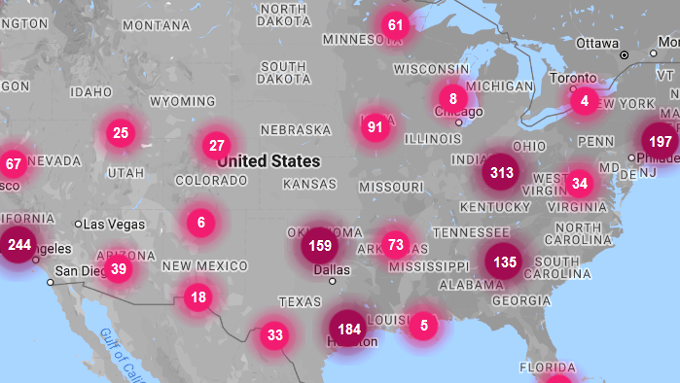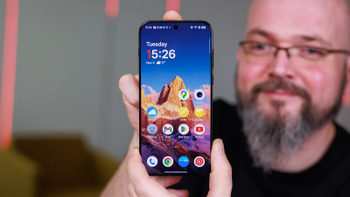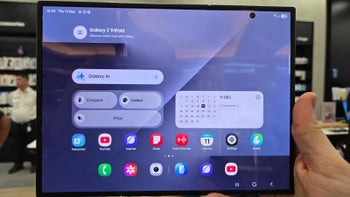US carriers charge on with network spending, despite Sprint's merger with T-Mobile

Just because T-Mobile is planning to gobble Sprint up in a merger that will result in eventual synergies of up to $64 billion down the road, doesn't mean that the two carriers are slacking it when it comes to network infrastructure investment.
On the contrary, Deutsche Bank analysts are reporting that the two carriers are charging on with their budgeted capital outlays as planned, and, at least for now, the new tower rollouts aren't being affected even on paper. If the merger goes through the regulators, the new T-Mobile will drop the amount of towers it uses from the combined 110,000 number now (accounting for Sprint's towers as well), to 85,000.
Still, American Tower’s boss Rich Rossi, is nonplussed about it, and said that in the first few years after the merger, it "could create an environment that is net neutral," or, in other words, the overall industry spending on network infrastructure is unlikely to be altered significantly. According to the Wall Street analysts:
For Sprint, we believe activity remains focused on extending 2.5GHz deployments across its full portfolio, with incremental spend aimed at both newer macro sites as well as small cells (builds it would need with or without a TMUS merger, in our view). For T-Mobile, we believe spending priorities include 600MHz deployments and additional capacity enhancements via small cells (again, both items we would anticipate with or without a Sprint merger).
As for Verizon or AT&T, most analysts agree that they will actually be extending their network build-out and capital expenditures next year, as AT&T tries to absorb several new frequencies, and Verizon moves onto greener pastures: "Verizon, perhaps the most consistent among the group, remains active with both LTE densification as well as early 5G deployments."
via FierceWireless
Follow us on Google News









![A new Android bug is making it impossible to install new apps. Are you affected? [UPDATE]](https://m-cdn.phonearena.com/images/article/176703-wide-two_350/A-new-Android-bug-is-making-it-impossible-to-install-new-apps.-Are-you-affected-UPDATE.webp)



Things that are NOT allowed:
To help keep our community safe and free from spam, we apply temporary limits to newly created accounts: